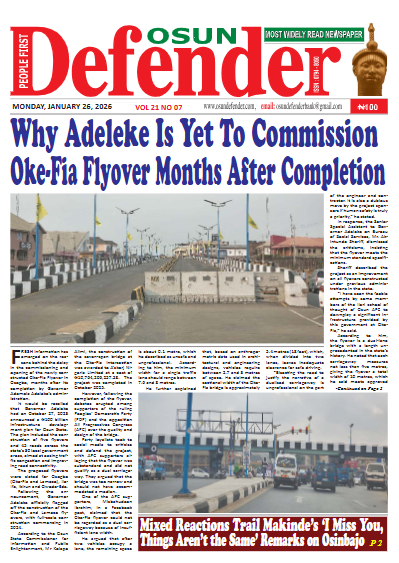IPC Trains 30 Online Journalists On Conflict-sensitive Reporting

By Francis Ezediuno\
As the 2019 General Elections approaches, online journalists have been tasked to set a standard of credibility in order to challenge fake news and hate speech on their different Platforms.
This formed the submission of speakers at a two-day workshop for online journalists and bloggers in Abuja organised by International Press Centre (IPC) and supported by EU on Democratic Governance in Nigeria for thirty journalists.
In his welcome address, the Director, International Press Centre (IPC), Mr. Lanre Arogundade stated that the training became necessary because the online environment is occupying a central place in the media and it has offered a converging point for traditional media and provided access to millions of internet users in the country.
Represented by the Programme Manager, Mrs. Stella Nwofia, he stated that development in the name of journalism on such platforms could not be ignored as there is a perception that hate speech flourishes in the online environment.
She said that it is feared that in the realm of politics, violent conflicts occur during elections if online journalists and bloggers do away with conflict sensitive principles.
The Programme Manager stated that the emerging consensus therefore is that online journalists and bloggers need to strive to do better so they could be part of efforts that seek to remove hate narratives from political communication as a way of making the electoral environment healthier.
In her presentation, a lecturer from the Department of Information Studies Bayero University, Kano, Dr. Ruqayayah Aliyu who spoke on Understanding Conflicts: Its Nature and Character, noted that journalists must adopt strategic and ethical principle to fight fake news.
Dr. Ruqayayah maintained that being an online reporter is not a guarantee to violate professional ethics and charged journalists to keep to public expectations of their credibility by being accountable to their readers, listeners and viewers.
The Executive Director, CITAD, Kano, Dr. Yusuf Yau who spoke on Contemporary Conflicts in Nigeria and Possible Impact on Media Coverage of 2019 Elections revealed that the way the media reads, understands and interprets conflict would affect the way news is reported.
In a presentation on Social Media and Elections: Giving Practical Effect to Conflict Sensitive Reporting Online, the Editor-In-Chief, Premium Times, Mr. Musikilu Mojeed, pointed out that journalists should explore better ways of telling stories in such a way that conflict is mitigated in the country.
He stated that Journalists can provide political parties with the information they need to make wise decisions in managing and resolving conflict and educate parties about ways of managing and resolving conflict as well as making it possible for parties to trust each other.
Hate Speech and Fake News, Imperatives of Ethics and Professionalism in Online Reporting, was also examined where Dr. Ruqayayah harped on the necessity to apply ethics and professionalism in order to counter the spread of hate speech and fake news.









